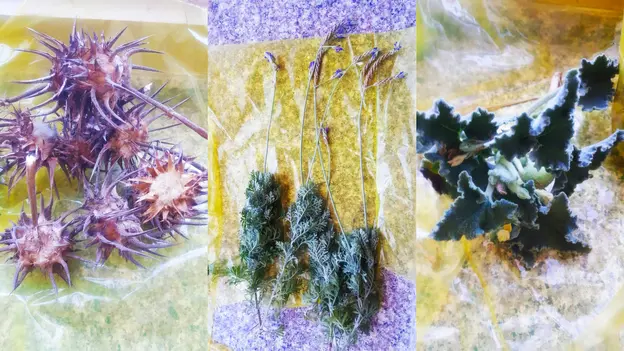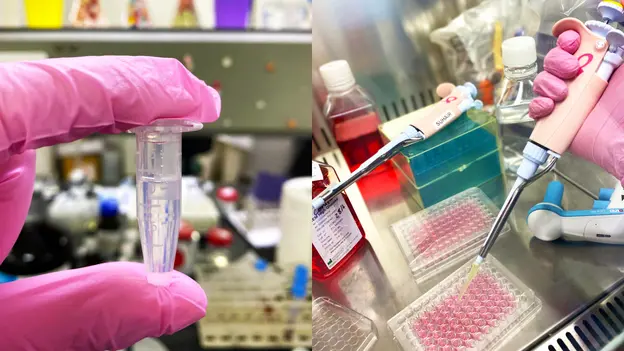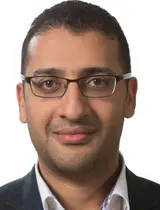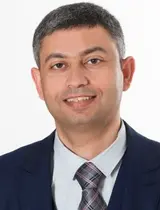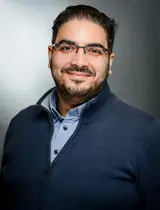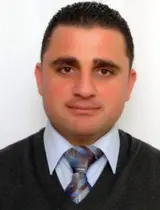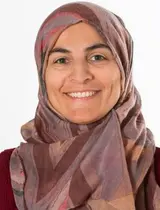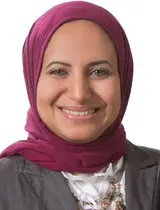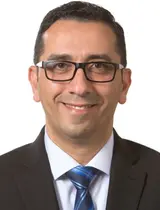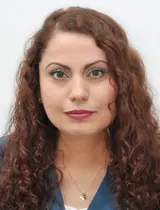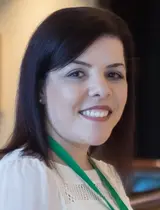Working Group Project
Natural Health Products on the Rise
Laboratory Study
Plant-derived natural compounds known as phytochemicals have been used as healing agents since early days of humankind. Phytochemicals continue to be an important source of new potential drug candidates, because of their outstanding chemical diversity. They are candidates to improve the treatment outcomes of known diseases such as cancer, microbial infections, and inflammatory disorders. At the same time, they are used to treat emerging diseases such as COVID-19. In addition to their impact on health, socio-economic factors continue to contribute to the popularity of natural products and their crude plant extracts, in particular in Arab countries.
Using nanotechnology to research natural products
The complex aspects governing the role of natural products in health and society have created a need to follow an innovative approach in researching this topic. The project is divided in two parts:
First, the members of the AGYA Working Group Health & Society seek to develop new nanotechnology-based formulations of natural compounds, which can be used in the treatment of diseases such as cancer and inflammation and as potential food preservatives. Additionally, they extract active constituents from medicinal plants indigenous to Palestine and Sudan to investigate their various attributes. Secondly, the experimental findings will be expanded by a questionnaire on the use of herbal medicines for disease prevention and treatment among the general population in the Gulf region.
AGYA members from different backgrounds across the natural sciences, health sciences, life sciences, and technical sciences at different institutions in Germany and Arab countries team up to gain new insights into the role of plant-derived natural products in various aspects of health.
Interdisciplinary laboratory studies on plant-derived natural products
Jordan and Egypt (Pharmacology)
Dr. Suhair Sunoqrot and Prof. Dr. Maha Nasr have extensive experience in the development of various types of nano-systems for effective delivery of phytochemicals and plant extracts. In this project, both sought to develop novel nanoparticles loaded with bioactive natural compounds and tested its efficacy in the treatment of diseases such as cancer, inflammation, and wound healing.
Palestine (Microbiology and Mathematics)
The expertise of Dr. Ahmad Amro in molecular microbiology is highly beneficial in investigating the antimicrobial activity of plant extracts collected from the Westbanks in Palestine, which will be further supported and analysed by a research team at Palestine Polytechnic University (PPU) led by Dr. Mohammad Adm.
Tunisia and Germany (Bioinformatics, Machine Learning, and Microbiology)
Prof. Dr. Lilia Romdhane and Dr. Shadi Albarqouni use bioinformatics and machine learning tools to identify promising natural compounds that can be tested for various biological activities. Dr. Olfa Messaoud, who is in the lead within the collaborative project on COVID-19 since 2020, guides the internal team discussion on the possibility of testing the most promising nanoparticle formulations, compounds, and plant extracts in antiviral assays.
United Arab Emirates (Food Safety)
Prof. Dr. Tareq Osaili investigates the utility of selected nanoparticles loaded with bioactive natural compounds prepared by his AGYA colleague Suhair Sunoqrot as long-acting food preservatives to improve the safety of perishable food products.
Germany (Health Sciences)
Dr. Mohamed Abou El-Enein evaluates the clinical benefits of using natural compounds and extracts to combat various diseases together with his team at Charité – Universitätsmedizin Berlin and advice on the translational potential of the research findings.
- Disciplines Involved
- Medical and Health Sciences, Pharmaceutical Sciences, Nanotechnology, Molecular Biology, Mathematics
- Cooperation Partners
- Al-Zaytoonah University of Jordan, Jordan
- Ain Shams University, Egypt
- Al-Quds University, Palestine
- Palestine Polytechnic University, Palestine
- University of Sharjah, U.A.E.
- University of Carthage, Tunisia
- Helmholtz AI, Germany
- Charité – Universitätsmedizin Berlin, Germany
- Institut Pasteur de Tunis, Tunisia
- Project Title
- Plant-Derived Natural Products: An Interdisciplinary Investigation of their Impact on Health & Society (Part I)
- Year
- 2021
- Funding Scheme
- Working Group Project
- Working Group
- Health and Society
- Countries Involved
- Egypt, Germany, Jordan, Palestine, Tunisia, United Arab Emirates
- AGYA Publication
- Gastroprotective Chitosan Nanoparticles Loaded with Oleuropein: An In Vivo Proof of Concept
- Ferulic acid nanoemulsion as a promising anti-ulcer tool: in vitro and in vivo assessment
- Silymarin chitosan-modified penetration enhancer microvesicles as a promising wound healing tool
- Rhoifolin loaded in PLGA nanoparticles alleviates oxidative stress and inflammation in vitro and in vivo
